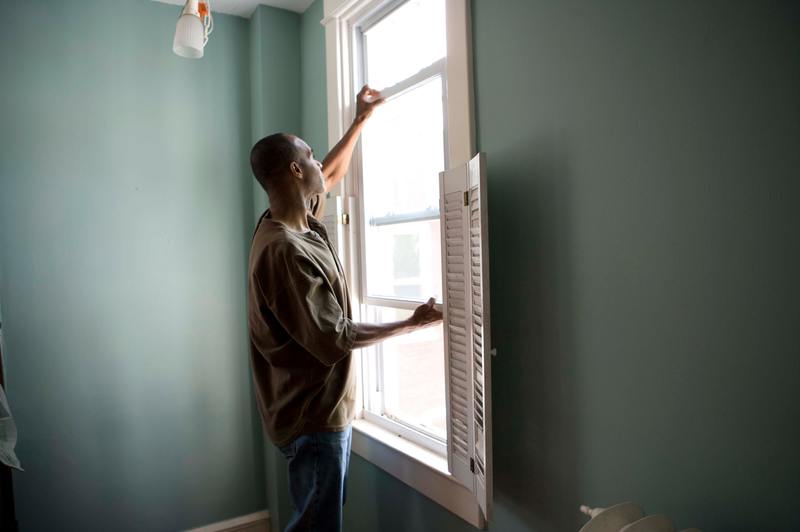Whether it’s for business or personal space, it is a must to know who is responsible for pest control in a rental property.
Whether we like it or not, pests are possible. Their infestation may come at a time you’re unprepared, so read ahead for some tips that are usable even if you don’t have infestations at the moment.

Pests usually start with a single entity walking around, trying to scout and discover new places for survival.
After they’ve wandered to a new area, which can, unfortunately, be your estate, and find something to feed or shelter on, then these scouts will probably then call the others. With sufficient numbers, you now have a steady population disturbing your peace.
Solving these commonly only needs a call from the experts. However, we highly recommend you read the next section before pressing that button.
How To Know Who Gets To Call Pest Control For Rentals
Needless to say, if it’s a house under your name, there’s no need to wait for the pests to multiply and cause further problems before you call for extermination. Of course, there are still some proper steps to take before the actual pest-eradication process, but you are free to contact special services anytime.
However, it’s almost the polar opposite if you don’t own the building. Even if you somehow own a unit in a complex or a condominium on a high-rise building, you’re not allowed to call for pest control on your own accord.
This is due to the extent a particular purging operation can cover, which causes significant disturbances, health risks, and safety risks to other occupants. Here’s how you can know who to talk to if you’ve discovered pests roaming in your space.
1. The main person is the landlord
Whether you’re only leasing a room or an entire building, the person who has authority over the place you’re staying is the landlord. So whether it’s the rent, utility, or in this case, uncommon maintenance service, the landlord gets the last say on whether they are allowed.
This decision is especially critical when the building you’re in and the neighborhood has children or older residents, as well as persons with disability or chronic conditions. Fumigation, for example, creates a risky environment for them which is why their families must agree on a scale service.
Check this article on how to keep birds from building nests under carport if that’s the annoyance you’re dealing with now.
Your neighbors might also need to vacate their area for pest elimination or do measures so the infestation doesn’t transfer to them. Who else could inform them better than the landlord of the place, right?
2. A secretary, manager or person-in-charge
The pests, whether you’ve spotted only one or colonies, need to be dealt with as soon as possible. There’s no need to get frantic and cause too much of a stir about it, though, but still informing authorities for immediate actions is still the best response.
If your landlord isn’t living in the same building or nearby area, there’s usually an in-charge person left to deal with immediate concerns in the area. In the absence of the owner, you can try relaying the entire situation to this person, who will either do the call, permit you, or contact the landlord first.
3. Utility officer
If there’s no one to reach or call at all regarding the matter, you can try talking to the utility officer first. They do hands-on maintenance of the place, so they should know how the site is run.
They can help you with the specific circumstances or rules in place on the property and what safety precautions need to be applied for all the occupants. They can also help you reach the place’s owner in a pinch.
While you may already be on edge, extremely stressed, and fatigued with just the pests themselves, it’s still best to take the proper procedure when dealing with activity like this. It may seem small-scale, but you are liable not only for your spot but also for the shared environment you have with your neighbors.
Read this article on how to get rid of tent caterpillars, a common pestering occurrence.
When are you allowed to call pest control services personally?
Different rentals are run on different sets of rules, so what may be true for your previous places may no longer apply to your new space. While most owners would require you to get their permission first before getting full-scale pest control services, there can be exceptions to the rules.
Here are some of them:
- It’s specified in your contract that you are free to take such services on your own accord
- You’re renting the entire building
- The neighbors are fairly distanced from your place
- You have full support and consent of the neighborhood
Now, these circumstances are those when you’re allowed to call the services. Note that you are still expected to inform the owners beforehand.
You must also make sure that you and your neighbors know how to prepare for pest control service.
Conclusion
Like any large-scale and unusual event, the first question you need to pop is who is responsible for pest control in a rental property or anything you don’t have authority over. After all, it would be terrible that once you’ve dealt with the crawling things, you’re then loaded with complaints or eviction warnings.
